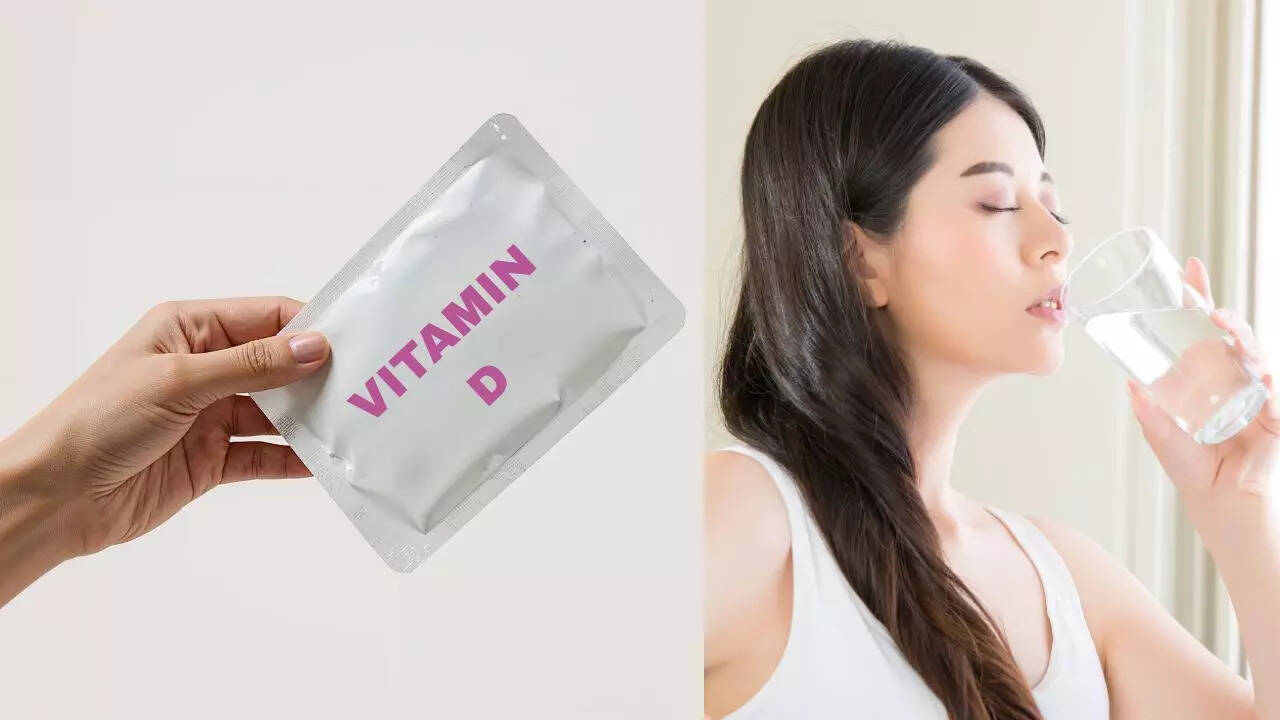
From bone pain and tired muscles to higher risk of fractures, low vitamin D can quietly undermine health. The ‘sunshine vitamin’ is not only essential for bones and teeth but also for immunity, mood regulation and muscle strength. Despite its abundance present in sunlight, a survey report from Pubmed central suggests that Vitamin D deficiency is extremely common in India, affecting around 70% to almost everyone in the general population.

Vitamin D is required by the body to process phosphorus and calcium, these form the basis for healthy bones along with teeth. In recent years, doctors are increasingly prescribing supplementation to bridge the gap. But when one walks into a pharmacy, they are confronted with an array of options of vitamin D supplements, sachets, pills and shots. Here comes the frequently asked question, which of these is most effective? Here we decode which is better and who should take what.
Vitamin D sachets and who should take them
Sachets are mainly about convenience. These are small packets containing powdered or granulated vitamin D. These are mixed in water or milk for consumption. These are designed for faster dissolution and easier consumption.Vitamin D powder sachets are best for individuals, like children and elderly, who have difficulty swallowing pills. Since sachets often come in pre-measured single doses, these are convenient for individuals needing flexible dosing. On the other hand patients with malabsorption disorders aren’t advised to take sachets as their gut may not absorb vitamin D efficiently.

Vitamin D pills and who should take them
These are the most common and widely used form of supplementation. Vitamin D tablets, capsules or liquid drops are usually taken daily, weekly or monthly, depending on the dose. Pills are the standard, effective, and widely studied option for most people.Pills are effective, rely on digestive uptake and are convenient as well inexpensive. Healthy adults with mild to moderate deficiency, people with normal gut absorption and individuals seeking long-term maintenance can take pills. On the other hand, people who have trouble swallowing pills or have malabsorption issues, should not take vitamin D pills to avoid any complications. Also, people with very severe deficiency needing rapid correction, may not be benefitted by pills.

Vitamin D shots and who should take them
Vitamin D shots or injections are most effective for rapid correction. Injections or shots deliver a high dose of cholecalciferol directly into the muscle. Also known as intramuscular (IM) vitamin D, when taken under supervision, these are considered safe.Individuals with very low vitamin D levels or malabsorption issues can take vitamin D shots. On the other hand, people with normal gut absorption and mild deficiency, should not rely on shots as high-dose injections can raise calcium levels and cause complications. People at risk of hypercalcemia should avoid injections for good.Opting the right form of vitamin D supplementation depends on the individual’s health, severity of deficiency and lifestyle. Consulting a healthcare professional before starting any supplementation ensures one to choose the right form and dose.Disclaimer: This article is for informational purposes only and should not be substituted for professional advice. Overdosage of vitamin D can lead to severe health complications.







